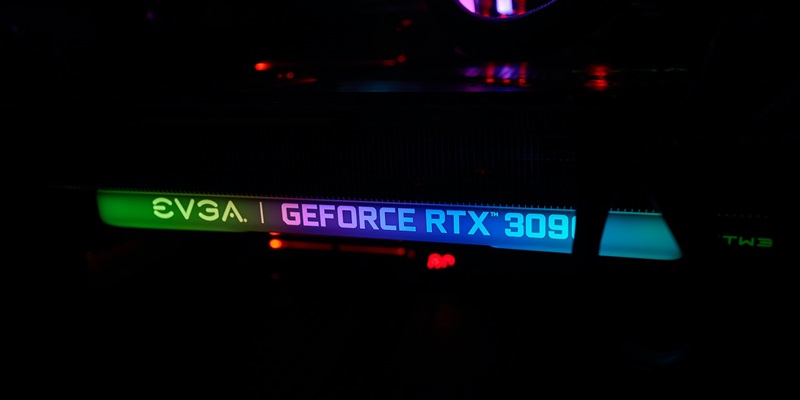Nvidia, a leading manufacturer of graphics cards, may soon face significant constraints in terms of stock levels, according to a recent rumor. The expectation, as suggested by MyDrivers, is that supply of Nvidia boards could potentially be “very limited” in the near future, raising concerns among consumers and enthusiasts alike.
Rumor of Limited Supply
The rumor circulating in the tech industry warns of a reduction in Nvidia’s production and supply of GeForce GPUs. It is claimed that the company is diverting its manufacturing resources to prioritize the production of chips for AI cards. The reasoning behind this strategic move lies in the fact that AI GPUs tend to yield substantial profits, with recent times witnessing tremendous success in this particular market segment. While this strategy may seem logical from a financial perspective, the imminent scarcity of Nvidia graphics cards is causing worry within the gaming community.
Contradiction in strategy
Although Nvidia apparently plans to pull back production capacity, there is unexpected news of several new RTX Super refreshes being introduced. This decision raises questions about the coherence of the company’s strategy. If resources are being reined in significantly, it seems counterintuitive to proceed with the release of new products. Some industry experts speculate that this move may be driven by the need to maintain a strong position against AMD in the highly competitive consumer GPU market.
Replacement of existing models
In addition to the introduction of new RTX Super refreshes, Nvidia is reportedly scrapping the RTX 4080 and RTX 4070 Ti, replacing them with the RTX 4080 Super and RTX 4070 Ti Super, respectively. While this shift in nomenclature signals an upgrade, it remains to be seen whether these new models will truly outperform their predecessors. Strikingly, Nvidia plans to continue the production of the existing RTX 4070, suggesting that it is still a viable option for consumers looking for a high-performance GPU.
The potential scarcity of Nvidia graphics cards, coupled with the release of new and upgraded models, raises concerns about the future pricing and availability of these products. Historically, limited supply has led to inflated prices in the GPU market, causing frustration among customers who may be forced to pay exorbitant amounts to acquire the latest hardware. The uncertainty surrounding this situation is not ideal for consumers who may have patiently waited for the next iteration of graphics cards from Nvidia.
As rumors swirl about the imminent limited supply of Nvidia graphics cards and the company’s simultaneous release of new RTX Super refreshes, the future of the GPU market appears uncertain. While prioritizing AI chip manufacturing may make sense from a financial standpoint, it may lead to frustrations among gamers and PC enthusiasts who rely on Nvidia’s products for their intensive graphical needs. Nvidia must strike a delicate balance between catering to the lucrative AI market and satisfying the demands of its core consumer base. Ultimately, the impact of limited supply and the release of new models will be closely watched by industry observers and consumers alike, hoping for a resolution that benefits all parties involved.

